The US-Taliban Deal and its Impact on Iran-Pakistan Relations
By Niranjan Marjani
July 23, 2020, the CACI Analyst
The U.S.-Taliban deal has generated large amounts of analysis on stability and security in Afghanistan, the role of the Afghan government and Pakistan-Taliban relations. However, another important dimension of the deal is its impact on Iran-Pakistan relations. Pakistan’s relations with both Iran and the Afghan government are unstable, but Pakistan enjoys good relations with the Taliban. Iran has also sought to build contacts and relations with the Taliban. Thus, the recognition accorded to the Taliban in the deal could both improve Iran-Pakistan relations and give Iran an important role in Afghanistan. The increasing significance of the Taliban could worsen instability not only in Afghanistan but also across Central, West and South Asia while completely sidelining the Afghan government.
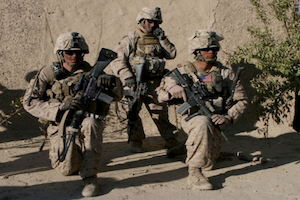
ISIS Reaps Gains From the Pakistan-India Rivalry in Afghanistan
By Umair Jamal
July 21, 2020, the CACI Analyst
The growth of the terrorist organization known as the Islamic State in Iraq and Syria (ISIS) in Afghanistan poses a formidable challenge to India and Pakistan’s security interests in the region. Recently, an ISIS-claimed attack on a Sikh Gurudwara in Afghanistan involved a suicide bomber from India. On April 4, Afghan security forces arrested a Pakistani national and a high-ranking ISIS commander in Afghanistan, who authorized the Gurudwara attack. Reports indicate that ISIS is rapidly gaining recruits from India and Pakistan for its Afghanistan and Central Asia operations. The emerging threat in this regard would require close counterterrorism cooperation between Islamabad and New Delhi if the group is to be successfully defeated in Afghanistan. However, given Pakistan and India’s competition and record of undermining each other’s interests in Afghanistan, ISIS is set to gain exponentially in the coming months.
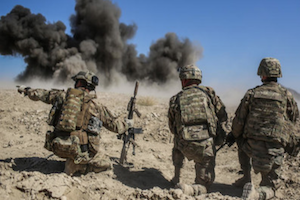
Iran's COVID-19 and Pakistan's Vulnerability
By Umair Jamal
April 13, 2020, the CACI Analyst
Pakistan’s Corona virus cases have doubled over the past few days after hundreds of pilgrims returning from Iran tested positive. In response to the Pakistani government’s attempt to impose a lockdown on thousands of Shias at the Iran-Pakistan border, the community has vowed to start a mass movement against the state. Pakistan’s Iran border has become its single biggest security threat with regional and global implications. Given that Pakistan is a nuclear-armed state with a weakening economy, a weak health care system, a controversial regional security policy and a blooming militant landscape, the region and the world at large should follow developments in the country closely.
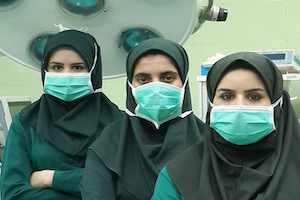
Wither Afghanistan? The Great Game Takes a New Turn
By Stephen Blank
February 13, 2019, the CACI Analyst
When he announced the withdrawal of U.S. troops from Syria, President Trump also announced the departure of one half (7,000) of America’s troops in Afghanistan. This abrupt decision both damaged the U.S. position in the Middle East and undermined ongoing negotiations with the Taliban over Afghanistan. It upset all the calculations of the Afghan government, leaving it scrambling for a new negotiating and strategic posture, and undid two years of successful albeit modest U.S. policy of renewed economic and political support for Central Asia. This will allow both Beijing and Moscow to respond by extending their influence in Central Asia at America’s expense and to employ their strongest capabilities for doing so.
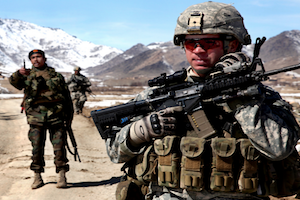
Afghanistan and Pakistan Clash Over Border Fence
By Sudha Ramachandran
December 19, 2018, the CACI Analyst
On October 15, Afghan and Pakistani security forces exchanged fire. Such incidents, which have claimed the lives of hundreds of border security personnel and others on both sides, have grown in frequency in recent years. The clashes are over Pakistan’s unilateral construction of a fence along the Durand Line. Pakistan says the fence will check armed militants moving between the two countries. Afghanistan, which has not accepted the Durand Line as its border with Pakistan, disagrees. The controversial fence is adding tension to an already fraught bilateral relationship.
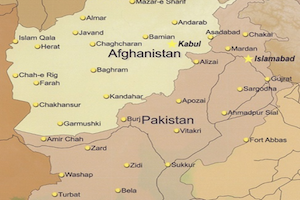





 Book S. Frederick Starr and Svante E. Cornell,
Book S. Frederick Starr and Svante E. Cornell,